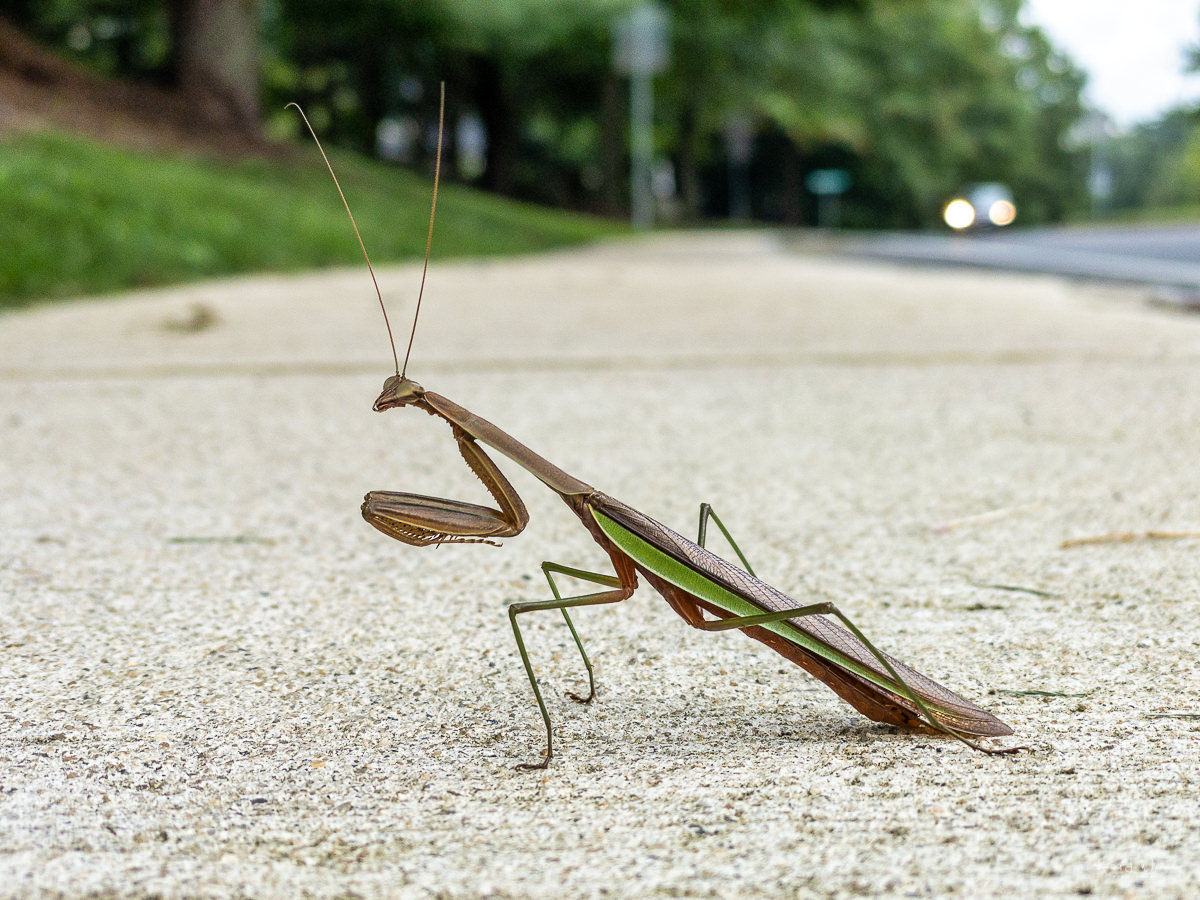I think these attacks on Apple, boil down to jealousy. As a consumer, I've never once said, "I want more app store competition."
… the EC has a problem with Apple doing any vetting whatsoever on apps distributed outside the App Store. The EC will take care of making sure malware, phishing, scams, clones, IP rip-offs, and pirated apps aren’t getting through. This also means that apps distributed outside the app store will be able to use private APIs. One can argue that what Apple is calling “notarization” in its DMA compliance plan is actually just a less extensive form of app review, but without this step, Apple has no oversight over software distributed outside the store at all. That seems to be exactly what the EC is saying the DMA demands. I don’t think this is going to go well. Daring Fireball
It's an old NPR article. Learning about the history of the world, I sometimes get angry.
While the U.S. officially left Haiti in 1934, it continued to control Haiti's public finances until 1947, siphoning away around 40% of Haiti's national income to service debt repayments to the U.S. and France.
Much of this debt to France was the legacy of what the University of Virginia scholar Marlene Daut calls "the greatest heist in history": surrounded by French gunboats, a newly independent Haiti was forced to pay its slaveholders reparations. You read that correctly. It was the former slaves of Haiti, not the French slaveholders, who were forced to pay reparations. Haitians compensated their oppressors and their oppressors' descendants for the privilege of being free. It took Haiti more than a century to pay the reparation debts off. Greg Rosalsky
It seems I may have to rethink my plans to live like a digital nomand.
If you’re planning on working remotely from another country, you first need to determine if that country offers a digital nomad visa (or similar) and that they allow a citizen from your home country to apply for that visa.
If the answer to both of those is yes, then yes, it’s legal, you can “work remotely”… but sadly, in a lot of cases, not for some U.S. tech companies.
In AI Roundup: The Bad, the Ugly, and the Pretty Cool, Jeffrey Zeldman compiles a list of articles discussing the current state of AI, addressing both its potential and challenges. The article highlight concerns about AI's environmental impact, its prevalence in various industries leading to a tech bubble, and the importance of AI literacy. The links provided offer insights into different aspects of AI, including its energy consumption, educational opportunities, and the need for critical evaluation and understanding of AI technologies.
Most of the biggest YouTubers…that have channels focused about photography, aren’t even the best photographers…in the world, so stop looking at them for inspiration. I’m not trying not trash these people, I’m not trying to put myself on a pedestal, my ultimate goal is to help you improve. They don’t have to be good at photography…they have to be good at YouTube. They’re not making their income from photography, they’re making them income in talking about photography.Juston Mott


